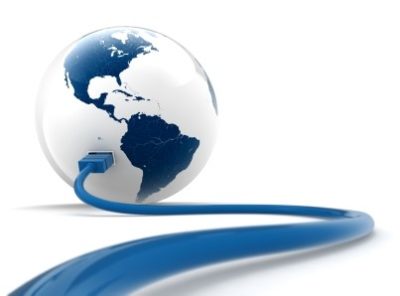By: Brandon French, Contract Attorney, Braumiller Law Group, PLLC
Customs and Border Protection (CBP) has taken the initiative to modernize its current trade environment. The purpose of the initiative is to realign CBP’s current trade policies and procedures with the development of new industries, technology, and modes of conducting business. A Federal Register (FR) Notice published on December 21, 2018, provided details, and requested comments, on CBP’s upcoming efforts that could change the present-day world of trade. Specifically, the FR Notice requested public comments on the following six issue areas: (1) Emerging roles in the global supply chain, (2) Intelligent enforcement, (3) Cutting-edge technology, (4) Data access and sharing, (5) 21st century processes, and (6) Self-funded Customs infrastructures. Along with requesting comments, there will be a public meeting held in Washington, D.C. on March 1, 2019, where certain businesses and individuals can provide additional suggestions to CBP on modernizing its current procedures.
Once such organization that has provided comments to CBP, and has been invited to speak at the hearing, is the American Association of Exporters and Importers (AAEI). AAEI’s organization advocates for U.S. companies with trade-related issues before multiple agencies, including Congress, the World Trade Organization, and the World Customs Organization. In its February 4, 2019, comment to CBP, AAEI provided numerous suggestions to the issue areas outlined in the FR Notice. Here are a few of AEEI’s recommendations:
- When responding to the question of what methods in the global supply chain are unaccounted for in CBP’s current legal framework, AAEI stated that CBP should redevelop a regulatory scheme based on an importer of record model because the foreign seller can more easily provide Customs related information. This new model would require CBP to develop a new global risk management system based on “identifying and accessing the risk of the true buyer and seller . . . .”
- Additionally, when asked what import procedures or requirements can be improved or redefined, AAEI recommended eliminating the current drawback prior notice process. The current process requires the use of a paper CBP Form 7553 and inspection by a CBP officer. To alleviate this burden, AAEI suggests that the WPN process should be eliminated, “allowing drawback claimants to provide proof of export through records kept in the regular course of business.” Further, AAEI believes the Automated Commercial Environment (ACE) drawback process can be accelerated by not requiring the filer to upload identical documents for different claims. Instead, CBP can “require upload [to ACE] either with the first claim only, or to require upload to the ACE portal where documents could be associated with multiple claims.”
These are just a few of the issue areas that will be discussed at the public hearing on March 1st. Both the public comment and hearing process provide interested parties a chance to transform policies and procedures that have been in place for many years. These changes could ultimately expedite the efforts of brokers, importers, and other parties involved in commercial transactions. Stay tuned, these changes could be implemented before you know it.
For any additional inquiries, please contact Brandon French at [email protected].

























